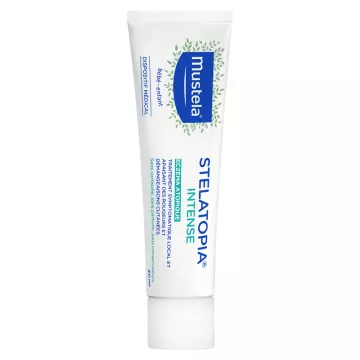

Why is skin care important?
Skin care is crucial because it helps maintain the integrity of the skin barrier, protects against external aggressors and prevents premature aging. The right routine can improve the skin's overall appearance, reduce the signs of aging and treat specific problems such as acne or pigmentation spots. Taking care of your skin also enhances its elasticity and luminosity, contributing to a younger, healthier appearance.
What are the different skin types and how can I identify them?
There are four main skin types: normal, dry, oily and combination.
To identify your skin type, observe how it reacts after cleansing. A consultation with a dermatologist can also help determine your precise skin type.
What are the essential steps in a skincare routine?
An effective skin care routine generally includes the following steps:
Other steps may include exfoliation and the application of specific serums or treatments for particular concerns such as acne or aging.
Which ingredients are most beneficial for skin care?
Certain key ingredients are particularly beneficial for skin care:
Using products containing these ingredients can help significantly improve the health and appearance of your skin.
How to prevent and treat acne?
To prevent and treat acne, adopt a rigorous skincare routine:
Consult a dermatologist for more advanced treatments if necessary, such as oral antibiotics or hormonal therapies.
How important is sun protection in skin care?
Sun protection is essential to prevent damage caused by UV rays, which can lead to premature aging, pigmentation spots and increase the risk of skin cancer. Use a broad-spectrum sunscreen with an SPF of at least 30, and apply it generously every morning, even on cloudy days. Reapply every two hours if you're outdoors.
What are the benefits of professional skin care?
Professional skin care treatments, such as chemical peels, microdermabrasion and laser treatments, offer significant benefits for the skin:
These treatments must be carried out by qualified professionals to ensure optimum results and minimize risks.
How can I integrate anti-aging treatments into my skin care routine?
To integrate anti-aging skincare into your routine, follow these tips:
Adopting these steps as soon as you notice the first signs of aging can help maintain youthful, radiant skin.
What are the effects of stress on the skin, and what can be done about it?
Stress can have harmful effects on the skin, including:
To counteract these effects, adopt stress management techniques such as meditation, regular exercise and a balanced diet. Also incorporate soothing and moisturizing skin care products to help restore the skin barrier.
How do I choose the right products for my skin care routine?
To choose the right skin care products, consider the following points:
It is often useful to consult a dermatologist for personalized recommendations and to avoid product selection errors.
How does diet affect skin health?
Diet plays a crucial role in skin care. A balanced diet rich in antioxidants, vitamins and minerals can improve the appearance and health of the skin. Omega-3 fatty acids, found in fish and nuts, help keep skin hydrated and supple. Fruits and vegetables rich in vitamins C and E protect the skin against oxidative damage. Avoid processed foods rich in sugar and saturated fats, as they can aggravate skin problems such as acne and inflammation.
How can pigmentation spots be treated?
Pigment spots, or hyperpigmentation, can be treated by several methods:
Consult a dermatologist to determine the most appropriate treatment for your skin type and the extent of hyperpigmentation.
What role do peptides play in skin care?
Peptides are chains of amino acids that play an essential role in skin regeneration and repair. They stimulate collagen production, improving skin elasticity and firmness. Peptides also help reduce the appearance of fine lines and wrinkles. Skin care products containing peptides can improve skin texture and promote a more youthful, revitalized appearance. Incorporate peptide-based serums or creams into your daily skincare routine for optimal results.
How do hormonal changes affect the skin?
Hormonal changes, such as those that occur during puberty, pregnancy or menopause, can have a significant impact on the skin. These fluctuations can cause :
To manage these effects, adapt your skincare routine to your skin's specific needs at each hormonal stage. Consult a dermatologist for suitable treatments, including topical or hormonal solutions if necessary.
How important is exfoliation in a skincare routine?
Exfoliation is an essential step in skincare as it removes dead cells from the skin's surface, promoting cell renewal and a brighter, more even appearance. There are two types of exfoliants:
Exfoliation also helps improve the efficacy of other skincare products by enabling better penetration of active ingredients. Exfoliate your skin once or twice a week, depending on your skin type, to avoid irritation and damage.